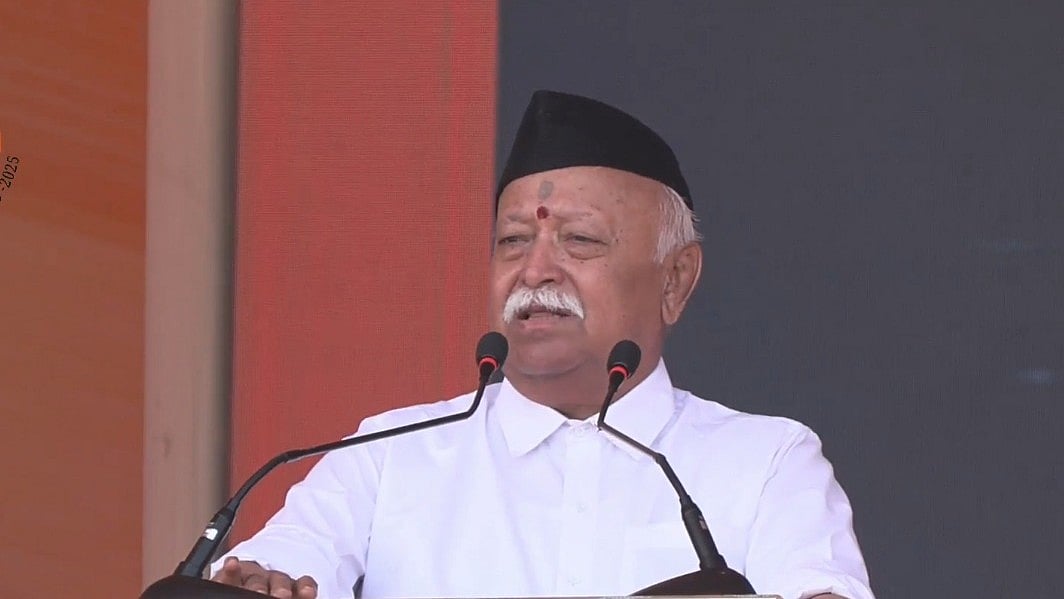It has been a long journey for mental health. And there are still miles to go.
At one time, the mentally ill were kept in asylums which were situated far from cities. This clearly shows that they were not considered part of society. In fact, society did not want the mentally ill to be integrated with it. Even now, it is still a major question whether society really wants to integrate the mentally ill with pride and dignity.
On the whole, there has been a revolution in the mental health area. Philippe Pinel (1745- 1826) was a pioneer in the de-institutionalisation of the mentally ill. With his “moral treatment”, he conceptualised that the mentally ill can be brought back into society.
Mental health treatment and facilities improved over a period of time, but at a very slow pace as compared to the progression and development of other health care areas. There are numerous factors responsible for this.
Mental health in the 1980s
With the concept of de-institutionalisation, treatment of mentally ill people moved from asylums to medical colleges where general hospital psychiatric units (GHPU) were established. It indicated that these mentally ill persons can be treated along with patients receiving treatment for diabetes , hypertension etc. But these GHPUs were available only in tertiary health care facilities.
Along with this, private hospitals and clinics started to cater to mentally ill patients. Still, many well reputed hospitals would not have a psychiatric out-patient department (OPD). There was no question of catering to in-patients or admitting the mentally ill to those hospitals.
Changed concept
Mental health includes our emotional, psychological, and social well-being. It affects how we think, feel, and act. It also helps determine how we handle stress, relate to others, and make healthy choices. Mental health is important at every stage of life, from childhood and adolescence through adulthood.
By the 2000s, mental health was not restricted to only the treatment of the mentally ill. People started seeking help for stress in daily life. They would consult for a child’s poor academic performance. Youngsters consulted for their relationship issues.
The WHO states that mental health is “more than just the absence of mental disorders or disabilities”. It says, “Mental health is a state of mental well-being that enables people to cope with the stresses of life, realise their abilities, learn well and work well, and contribute to their community.” This change has broadened the horizons of mental health care.
Recently, I came across a stand-up comedy show which described an anecdotal story of a visit to a therapist, and how expensive the therapy was. It sparked in my mind the question of the relationship between financial status and mental health.
Poverty and mental health
As people get diagnosed with a mental illness, their work performance and social status decrease. Without much treatment available, these individuals continue to suffer in silence, slowly falling back from their jobs, families and friends. These individuals lose employment, which means they have a lack of income, ending up without a support system and resulting in poverty.
Because society often looks down on persons with a mental illness, they are the least likely to receive treatment or assistance when they get diagnosed. On the other side of this relationship, poverty — which many describe as a lack of employment and income — aggravates mental illness. When individuals do not have the necessities for survival, mental disorders such as depression or anxiety can develop and intensify, and be expressed as a severe mental illness.
In short, untreated mental illnesses can lead to or further exacerbate poverty, but unchecked poverty can cause mental illnesses as well, creating this link between mental health and poverty.
It raises a further question — how to bridge this gap?
The mental health care revolution
As I read a range of articles in this regard, it appears that it was the judiciary and numerous PILs which improved the conditions of mental health care. The Mental Health Act 1987 was established but was implemented in 1993. Similarly the Mental Health Care Act (MHCA) 2017 is still in the process of implementation. MHCA 17 states that anyone with mental illness in India has a right to good quality, affordable health care. Individuals with mental health have a guarantee of informed consent, the power to make decisions, the right to live in a community and the right to confidentiality.
The Bhore Committee, 1946, found that the position of mental health and mental health care in India was “extremely unsatisfactory”. “Every mental hospital which I have visited is disgracefully under-staffed as well as run by unqualified staff, lacking experience and training,” said Colonel Moore Taylor, IMS, Medical Superintendent. It holds true even today. Per 100,000 population, India has 0.3 psychiatrists, 0.12 nurses, 0.07 psychologists and 0.07 social workers. It would be difficult for the government to establish good mental health care with lack of manpower.
A survey of 2021 revealed that 55% of respondents in India faced lack of access to mental health support due to socio-economic factors. Furthermore, the high cost of mental health care and support is also one of the major barriers faced by 47% of respondents in India.
Hence, poverty is a major factor and adds to the difficulty that people have in seeking mental health.
Out-of-the-box help
Recently, I heard that a corporate invested in a start-up for cancer care. Can that be similarly done for mental health care? In such a situation, NGOs should step up to help bridge the gap. And why can’t a well-off person help someone who is struggling with both mental illness and the resources for treating it, by bearing their expenses? From what I have witnessed, many people who themselves suffer from anxiety try to help other people suffering from some or the other mental ailment. This altruism helps the giver, and bolsters their mental agility. It is the need of the hour to build a society with better mental health. People reaching out to one another will be, utopian perhaps, but mental health care by society for society.
Dr Shailesh Umate is a consultant psychiatrist, sexologist and addiction specialist, whose mission is spreading awareness about mental health and well-being












